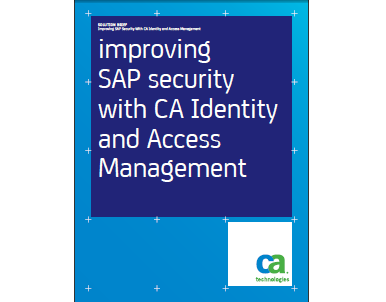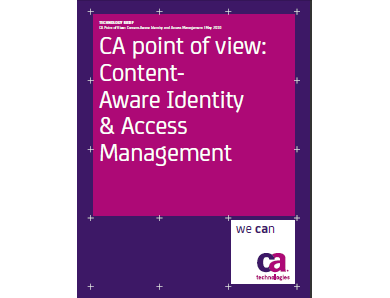Challenges to PCI compliance
With the burgeoning popularity of online shopping and banking, credit card transactions are flourishing. Consequently, credit card fraud is on the rise.To combat this growing menace, the Payment Card Industry Data Security Standard (PCI DSS) was developed.
Building Stronger Information Security with NIST
In 2009, the FBI began investigating a breach of confidential records from the State of Virginia's Prescription Monitoring Program. Hackers had allegedly broken into the system, stolen 8.3 million patient records and were demanding a $10 million ransom to return the data. 1 Earlier that year, the U.S. Federal Aviation Administration had reported a similar incident wherein one of its systems had been hacked into, compromising the personal information of 45,000 employees.
Expanding Regulatory Norms Present New Compliance Challenges for the Healthcare Industry
The US healthcare industry is rigorously monitored against stringent regulatory norms. The industry needs to comply with a variety of standards including the Health Insurance Portability and Accountability Act (HIPAA), Centers for Medicare and Medicaid Services (CMS), American Society for Testing and Materials (ASTM), International Conference on Harmonization (ICH), International Electrotechnical Commission (ISO/IEC), and Joint Commission on Accreditation of Healthcare Organizations (JCAHO).
Ensuring Data Integrity through SOX Compliance
In 2004, Jeffrey Heer at UC Berkeley demonstrated a project that he had undertaken to analyze Enron's corporate email database. Using various visualization techniques and algorithms, Heer dug deep into Enron's communication network and constructed a tremendously intricate map profiling the communication between respondents.
Collaborative Accountability in Governance, Risk, & Compliance: Creating Harmony Across Business Roles
The challenge for organizations from top to bottom is to provide harmony between silos of governance, risk, and compliance. Maintaining harmony is vital: Different roles — such as legal, risk mitigation, audit and compliance — have different and unique purposes, but must remain in tune with each other.
Six Critical Elements to Effective PCI DSS Compliance and Beyond
The Payment Card Industry Data Security Standard (PCI DSS), developed by the Payment Card Industry Security Standards Council, which consists of vendors such as VISA, Master Card, American Express, Discover and JCB, provides payment card data protection requirements for organizations that process card payments.
Improving SAP Security with CA Identity and Access Management
Beyond these important benefits for SAP installations, CA IAM can provide important additional benefits to your enterprise. It helps reduce risk and improve the security of your SAP and non-SAP applications and data.
CA Point of view: Content-Aware Identity & Access Management
CA Content-Aware IAM helps you respond to the key IT drivers above. It helps to automate identity-based security processes (such as user provisioning, entitlement certification, etc.), which increases efficiency and reduces IT costs.
















